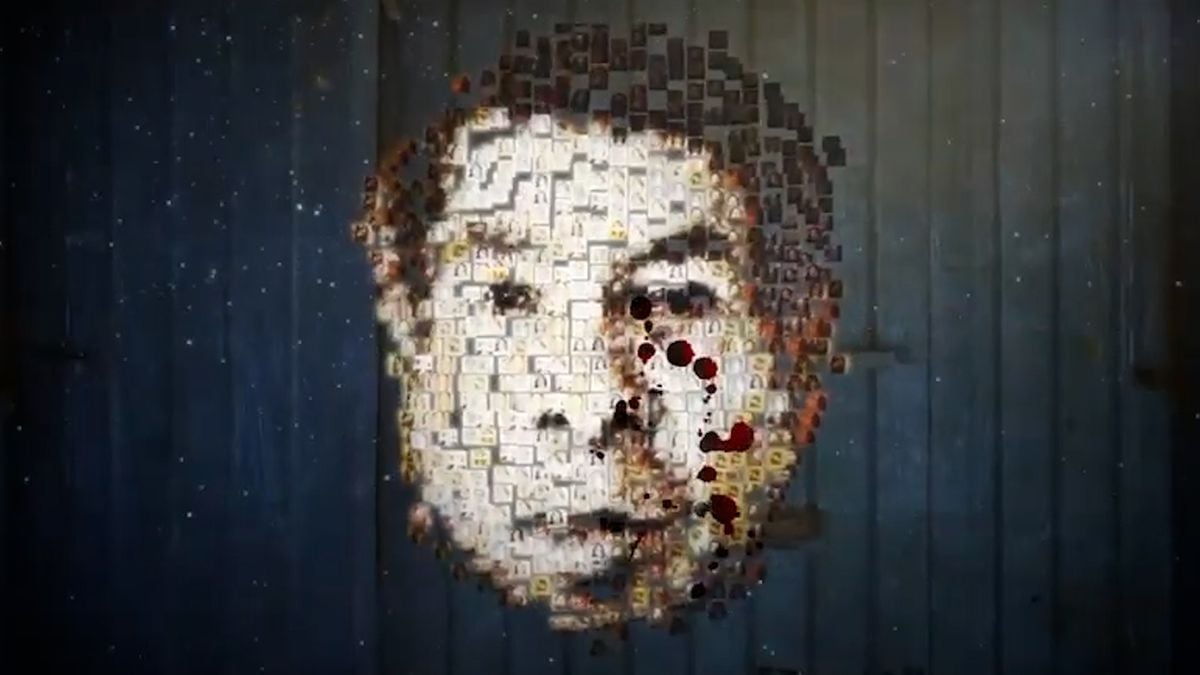The Supreme Court of Justice of the Nation has decided to take to television the case of the largest serial femicide in the history of Mexico.
The Supreme Court has announced the release of
Cannibal: Total Outrage
, a documentary series about the crimes of Andrés Mendoza, a man who murdered at least 19 women with total impunity over 31 years in Atizapán (State of Mexico).
It is an alliance, in which the authority of the Judicial Power finances the series and Televisa, the largest media company in the country, will be in charge of broadcasting it in an open signal.
Arturo Zaldívar, the president of the Court, has anticipated the controversy and has said that the project has been carried out with "enormous seriousness and care", due to the sensitivity of the case and the media coverage it received at the time.
"It does not seek morbidity, but to generate reflection and a change of culture", Zaldívar has maintained.
The documentary will premiere on June 27 and will be broadcast simultaneously on the channel of the Judicial Power and the Channel of the Stars, the most watched open television signal in the country.
It is a series of five half-hour episodes, in which it is revealed how the authorities caught Mendoza, the victims' relatives are given a voice and the crisis of sexist violence in Mexico is discussed, where between 10 and 11 women are murdered daily for the fact of being women.
Mendoza was arrested a year ago, on May 18, 2020, after the investigation of the femicide of a 34-year-old victim revealed dismembered human remains, official identifications, clothing and accessories of more women in her house.
The detainee, who was 72 years old at the time, worked for the Atizapán City Council, on the outskirts of Mexico City, and had experience as a butcher, so he knew how to cut up the bodies.
Investigations that followed confirmed that Mendoza was involved in several femicides that had not been resolved and he himself assured that the real number of victims was around 30 women.
The serial killer received the media nickname of "the cannibal", "the cannibal grandfather" or "the monster of Atizapán".
A couple of years earlier, the case of the "monster of Ecatepec" emerged, another city on the outskirts of the Mexican capital.
The narrative of the murderer as a "monster" has been harshly questioned by feminist groups, lawyers, writers, artists, activists and authorities.
"They are not monsters, they are socialized men in our society," he said, for example,
Elizabeth Gómez Alcorta, Argentine Minister of Women, Gender and Diversity.
“It's your brother, your neighbor, your dad, your son, your friend, your co-worker.
He is not a beast, he is not an animal, ”Gómez Alcorta added last March, after a gang rape in the Palermo neighborhood of Buenos Aires.
Zaldívar has said that Mendoza's story is just "the common thread" and that the goal is to "move consciousness," to think about how these crimes were committed "without anything happening."
"He was always very attentive, especially with women," says a person identified as Mendoza's tenant in the trailer for the series.
A local police officer says immediately after that the neighbors said that “the man was very good people”.
The program bears the title of the "cannibal" nickname, in a gray area between the factual (the murderer himself confessed that he ate certain remains) and the accusations that have arisen before due to the recurring exploitation of the "monstrosity" of the case and not inserting it in a real social context.
Other times, the protagonism given to the perpetrator of the crimes and the fact that the focus is not placed on the story of the victims has been questioned.
The debate about the treatment of the story will be cleared up after the premiere of the series, although criticism of impunity and resistance to investigating the murders of women with a gender perspective are anticipated in the preview.
"The justice system is failing women," says Fátima Gamboa, co-director of the organization Equis Justicia, in the trailer.
The president of the Supreme Court has also justified the fact of seeking an alliance with Televisa for the broadcast of the program on the grounds that many public institutions in several countries have chosen to participate in artistic or television projects on social problems.
Zaldívar has cited the case of
Roma
, the Oscar-winning Mexican film, which was financed by the State and touched on the issue of domestic workers;
The end of ETA
,
a co-production of EL PAÍS and various regional television channels, or
La Jauría
, the Chilean series
about a rape in a school.
“The series are today an extraordinarily powerful instrument of communication and it seems to me that, faced with an issue as delicate and terrible as that of femicides in Mexico, we all have to try to make things change”, she commented.
The series took 11 months to complete and was directed by Grau Serra, written by Ana Mata and photographed by Luis Posada and María Consuelo Saldaña.
It is narrated by the journalist Gabriela Warkentin, a contributor to this newspaper.
“It is going to shake Mexican society and make them see things differently,” Zaldívar assured.
subscribe here
to the
newsletter
of EL PAÍS México and receive all the informative keys of the current affairs of this country

